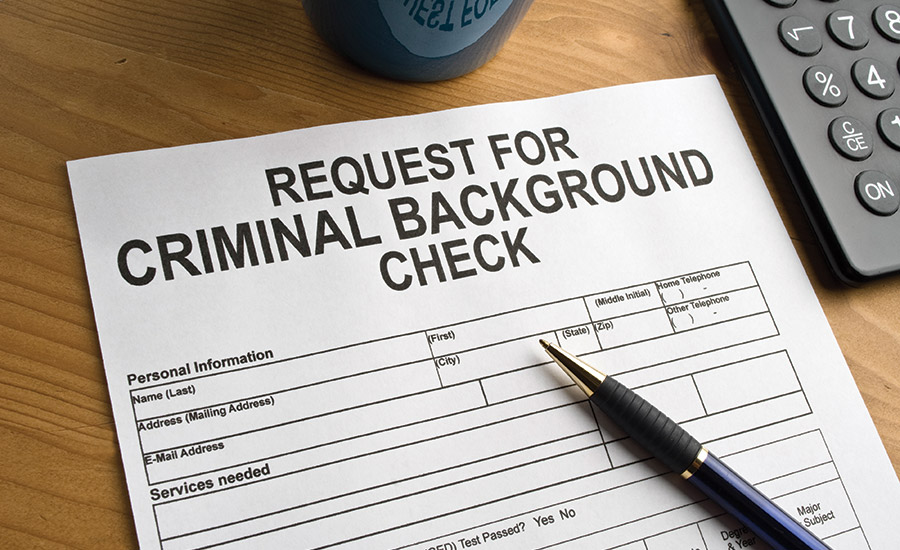In today’s interconnected world, ensuring the safety and integrity of personal and professional environments has become more crucial than ever.
Background checks stand as a critical tool in this endeavor, serving as a vital step in the hiring process, securing tenancies, and even in personal relationships. This comprehensive guide aims to illuminate the multifaceted nature of background checks, offering insights into their importance, the types of checks available, and best practices for conducting them effectively.
The Importance of Background Checks
Background checks serve a dual purpose: protecting individuals and organizations from potential risks and ensuring the suitability of candidates for specific roles or responsibilities. These checks help in identifying any discrepancies or red flags in an individual’s past that might affect their current opportunities or positions. For instance, a thorough background check can reveal criminal records, financial instability, or misrepresented educational qualifications, which are critical in making informed decisions.
- Risk Mitigation: By screening potential employees, landlords, or personal acquaintances, background checks act as a preventative measure against fraud, theft, and other malicious activities. They help in creating a safe and trustworthy environment, whether in the workplace, residential areas, or personal interactions.
- Compliance and Due Diligence: Various industries are subject to regulatory requirements that mandate background checks. For example, positions in finance, education, and healthcare often require a clean record to ensure the individual’s suitability and to uphold industry standards. Background checks fulfill these legal obligations and demonstrate an entity’s commitment to due diligence.
Types of Background Checks
Understanding the different types of background checks is essential for tailoring the screening process to specific needs. Each type focuses on various aspects of an individual’s background, providing a comprehensive view of their history.
- Criminal History Checks: These are among the most common types of background checks, revealing any criminal convictions, arrests, and any other legal issues an individual may have faced.
- Employment Verification: This type verifies the accuracy of an applicant’s employment history, confirming positions held, durations of employment, and reasons for leaving, which can be critical in assessing their reliability and integrity.
- Education Verification: These checks confirm the authenticity of an individual’s educational claims, including degrees obtained, institutions attended, and dates of attendance. They are vital in roles where specific qualifications are necessary for performance.
- Credit Checks: Often used by landlords and financial institutions, credit checks provide insights into an individual’s financial behavior, including credit history, outstanding debts, and financial stability.
Best Practices for Conducting Background Checks
Effective background checks require a balance between thoroughness and respect for privacy. Adhering to legal frameworks and ethical guidelines ensures that the process is fair, unbiased, and productive.
- Consent and Transparency: Always obtain explicit consent from the individual undergoing the background check. Explain the scope and purpose of the check, ensuring transparency throughout the process.
- Compliance with Laws: Familiarize yourself with the legal requirements governing background checks in your jurisdiction. Laws such as the Fair Credit Reporting Act (FCRA) in the United States set standards for employment screening, protecting the rights of the applicant.
- Use of Reputable Sources: Ensure that the information comes from reliable and official sources. This can include government databases, accredited verification services, and direct contact with former employers or educational institutions. For those seeking guidance on selecting a reputable background check service, consider reading the SFGate’s article on the best background check services. It provides a curated list of trusted providers, helping you make an informed decision based on your specific needs.
Navigating Challenges
Despite their importance, background checks can present challenges, including record discrepancies, privacy concerns, and potential biases. Addressing these issues requires a nuanced approach:
- Discrepancies and Inaccuracies: In case of discrepancies or inaccuracies in the background check report, provide an opportunity for the individual to clarify or correct the information. This approach ensures fairness and accuracy.
- Balancing Privacy: While conducting background checks, it’s crucial to balance the need for information with respect for the individual’s privacy. Limit the scope of the check to information relevant to the purpose at hand.
Conclusion
Background checks are critical in safeguarding the integrity and safety of various spheres of our lives.
Organizations and individuals can make informed decisions while respecting privacy and legal boundaries by understanding their importance, the types available, and adhering to best practices. Effective background checks not only mitigate risks but also foster trust and reliability, creating safer, more secure environments for everyone involved
